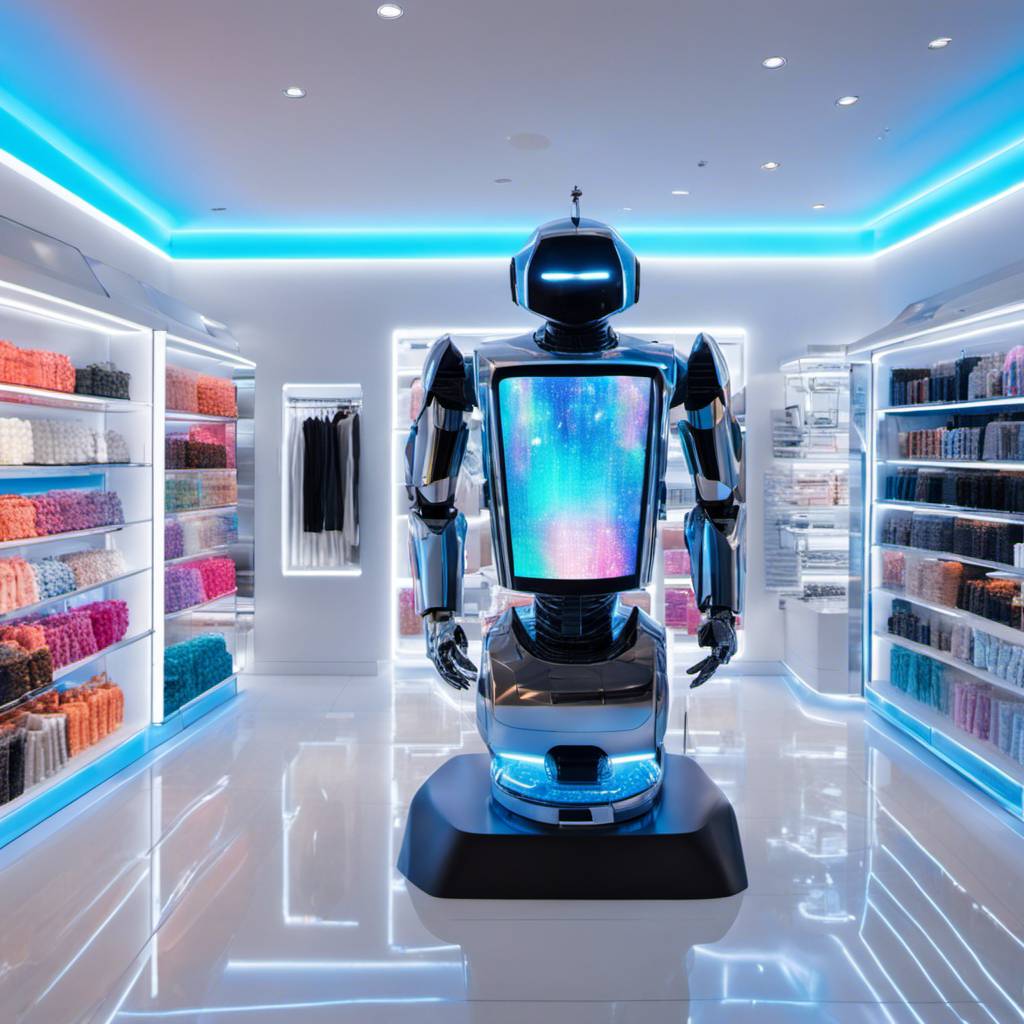The retail industry is experiencing a technological revolution as companies are increasingly investing in artificial intelligence (AI) and automation technologies to enhance their operations. Major retailers such as Ulta, Amazon, Shoe Carnival, Party City, and Furniture Fair are embracing a plethora of digital technologies, including AR, generative AI, automation, robotics, and more. This investment is aimed at streamlining efforts, modernizing tech stacks, and implementing comprehensive solutions that can transform the retail landscape.
Take Shoe Carnival, for example. This company is channeling its resources into AI-powered content management, digital asset management, and automated media. The tech firm Amplience is aiding this process by improving the digital customer experience through faster content delivery, improved campaign efficiency, and enhanced team productivity.
Amplience’s unique offering includes AI-powered search and discovery features that use natural language processing and automatic re-ranking. This technology allows customers to navigate the site more intuitively and find what they are looking for more quickly. It’s like having a personal assistant who understands your needs and guides you directly to what you want.
The benefits of these investments are already becoming apparent. Shoe Carnival has reported a 6% increase in landing page conversions, faster campaign rollouts, and a doubling of team productivity. Additionally, the company has seen increases in revenue and the elimination of redundancies by enabling the merchandising team to make navigation and content changes directly. This has led to a more streamlined operation where middle management is no longer needed for these tasks.
But the company’s investment in AI and automation doesn’t stop there. Shoe Carnival plans to implement additional end-to-end, AI-powered, and customer-centric personalization features later this year. Courtney Grisham, director of e-commerce at Shoe Carnival, stated that these investments have “transformed our online experience by empowering users with the tools necessary to make impactful changes that drive real results, in real-time.”
The integration of AI and automation technologies in retail operations aligns with the increasing consumer demand for personalized and efficient shopping experiences. The use of electronics and computers, along with programming languages and coding, is becoming more prevalent in retail operations as companies strive to meet this demand.
This technological shift is not just about improving the customer experience, but also about enhancing the efficiency of retail operations. By automating repetitive tasks, retailers can free up their staff to focus on more strategic and customer-focused activities. This not only increases productivity but also enhances job satisfaction among employees.
Moreover, the use of AI allows retailers to gather and analyze vast amounts of data to gain insights into customer behavior and preferences. This can lead to more targeted marketing campaigns, improved product offerings, and ultimately, increased sales and customer loyalty.
In conclusion, the investment in AI and automation technologies by retailers is a strategic move to improve operations and meet the evolving needs of customers. As more companies embrace these technologies, we can expect to see a more personalized, efficient, and enjoyable shopping experience in the future. The electronics industry, with its emphasis on cutting-edge technology, is well-positioned to lead this revolution.
